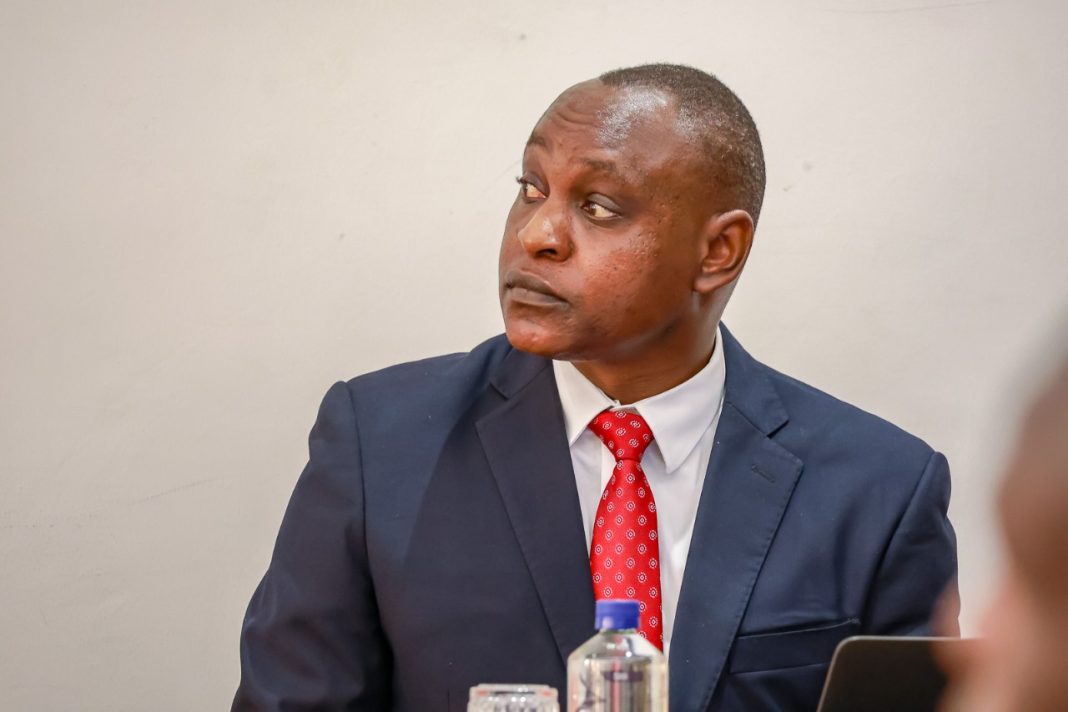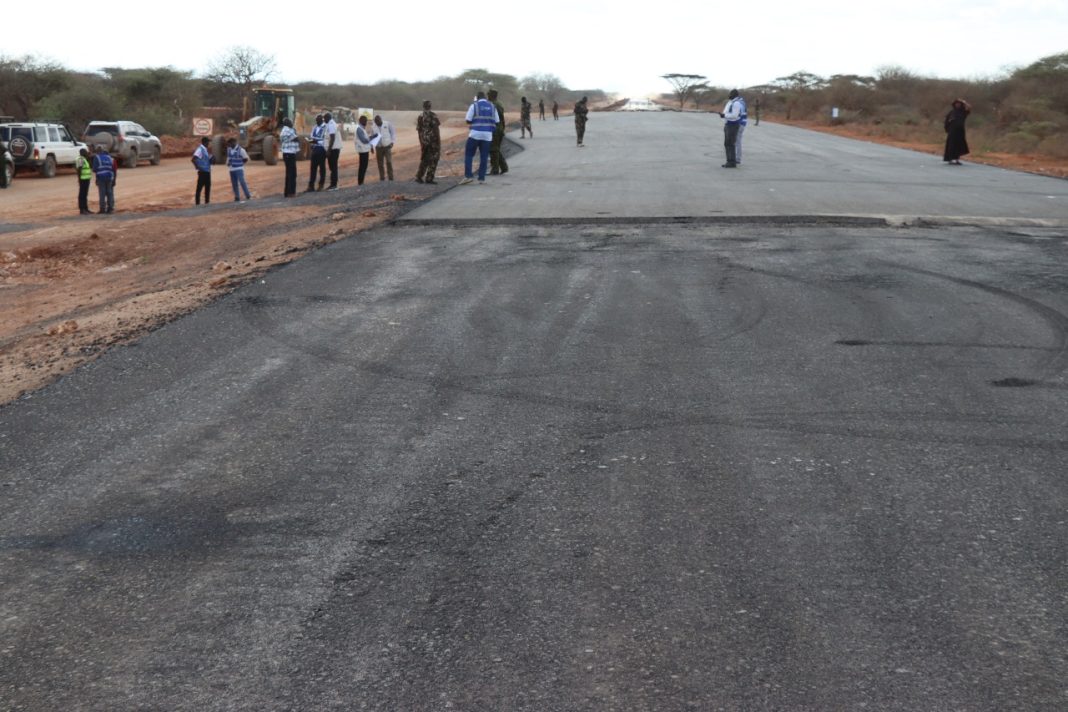By Billy Mijungu
According to the IMF’s projection of Africa’s 10 largest economies in 2025 by nominal GDP, South Africa will lead with 426.38 billion dollars, followed by Egypt at 349.26 billion, Algeria at 288.01 billion, Nigeria at 285 billion, Morocco at 179.61 billion and Kenya at 136.01 billion. Kenya ranks sixth, making it East Africa’s largest economy. These rankings reflect Africa’s growing strength and diversification, but Kenya’s position could dramatically shift upwards if its National Housing Scheme is implemented effectively and sustained with the right policy direction.
With President William Ruto’s strong push for affordable housing, the country’s financial landscape is bound to change in astronomical terms. Mgala muue, haki mpe, on housing he got it right. Though the program has been painful and imperfectly structured, it holds immense transformative potential. The initiative is largely commercialised, blending citizen contributions with government-provided land for development. Ideally, it should evolve into a social housing model, based on a rent-to-own system managed through the Housing Corporation rather than purely market-based or affordable housing. This would ensure long-term sustainability and inclusivity for ordinary Kenyans who form the majority of the workforce.
The ripple effect will draw in SACCOs, banks, and microfinance institutions, reshaping Kenya’s mortgage market from under one hundred thousand active mortgages today to over a million within a decade, potentially reaching five million at its peak. As more Kenyans own homes, housing will become the backbone of the economy, driving investments in commercial buildings, school dormitories, and institutional housing. This will in turn lower the cost of higher education and business premises, free up disposable income, and improve the quality of life for millions of citizens.
The construction sector will expand rapidly, providing employment to youth, artisans, and suppliers across the country. This multiplier effect will circulate money within communities and significantly boost national productivity. However, the biggest threat remains corruption, which could derail these noble intentions. For this vision to work, transparency, accountability, and institutional discipline are critical. Any administration after President Ruto must sustain the housing agenda until the market reaches maturity and saturation.
As organised housing transforms informal settlements and absorbs roadside sellers, taxation will become easier and more dignified. Structured urban living will restore order and pride in service delivery. If Kenya stays the course, it could rise to become Africa’s third-largest economy, built not on extractive industries but on people-centred financial systems and social transformation through housing.




